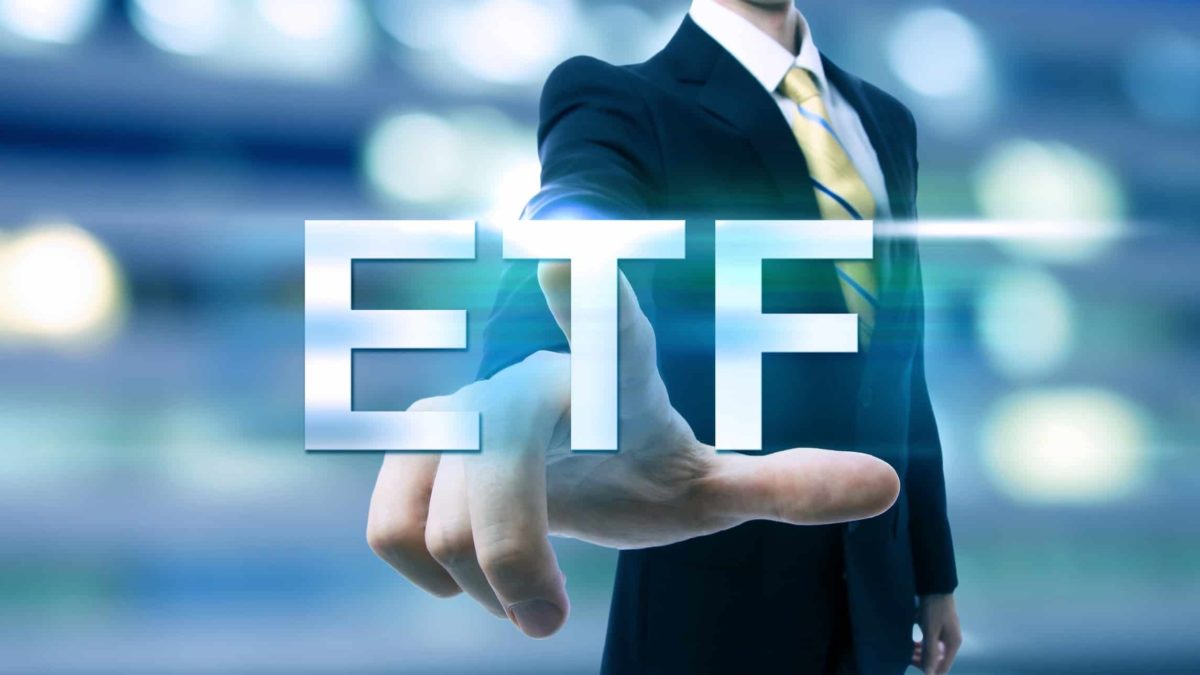This article was originally published on Fool.com. All figures quoted in US dollars unless otherwise stated.
Warren Buffett is a firm believer in index funds. In fact, in his 2013 letter to Berkshire Hathaway (NYSE: BRK.A) (NYSE: BRK.B) shareholders, he wrote that his will recommends that most of the cash that goes to his family be put in a low-cost S&P 500 index fund. But does Buffett own any index funds himself? The answer is yes. Here are the only two index funds in Buffett's portfolio -- and how they could make you money.Buffett's only index funds
Berkshire's portfolio includes around 50 individual stocks. It also includes a couple of very similar index funds -- the SPDR S&P 500 ETF Trust (NYSEMKT: SPY) and the Vanguard 500 Index Fund ETF (NYSEMKT: VOO). The SPDR S&P 500 ETF Trust, or SPY for short, is run by State Street. It was the first exchange-traded fund (ETF) listed in the U.S. SPY currently has roughly $360 billion in assets under management. Its annual expense ratio is 0.0945%. The Vanguard 500 Index Fund ETF, or VOO, as its name indicates, is operated by The Vanguard Group. Vanguard was a pioneer of mutual funds years ago. The company launched VOO in 2010. The ETF now has around $686 billion in assets under management. Its annual expense ratio is a super-low 0.03%. Both of these ETFs attempt to track the S&P 500 index. Unsurprisingly, their holdings are nearly identical. So are their historical performances.How they can make you money
Investing in SPY and VOO makes you a partial owner of the 500 biggest companies that trade on major U.S. stock exchanges. You'll own stakes in companies such as Apple, Microsoft, Amazon, and Buffett's own Berkshire Hathaway. All of these companies work continually to generate more profits for their shareholders. That means they're trying to make you money. Many of them even pay you to own them by distributing regular dividends. These dividends are very important over time. Since SPY's inception in 1993, nearly half of its total return has come from dividend payouts. Buffett wrote in that 2013 letter to Berkshire shareholders:The goal of the non-professional [investor] should not be to pick winners -- neither he nor his "helpers" [professional investment managers] can do that -- but should rather be to own a cross-section of businesses that in aggregate are bound to do well. A low-cost S&P 500 index fund will achieve this goal.That's still great advice. And, in a sense, the S&P 500 index funds pick winners for you. SPY and VOO automatically weed out the worst companies. If a company doesn't grow as quickly as its peers, it could eventually fall out of the S&P 500 index (and thus out of the ETFs' holdings). Buying and holding SPY and VOO pays off over the long run. SPY has delivered an average annual return of 9.35% since 1993. VOO (which didn't exist during the steep market downturns in the first decade of this century) has delivered an average annual return of 13.1% since 2010.
The timing is good
But should you buy these S&P 500 index funds now with a bear market underway? Actually, yes. Buffett's advice would almost certainly be in favor of buying either of these two ETFs. He told CNBC in 2018, "The best chance to deploy capital is when things are down." And, of course, there's one of the legendary investor's most famous quotes to "be fearful when others are greedy and to be greedy only when others are fearful." Granted, you won't be able to beat the market with SPY and VOO since they essentially reflect the overall market performance. For most investors, that's not a problem. If you're one of the exceptions, though, you can always follow in Buffett's footsteps. Even though the multibillionaire is a big fan of index funds, he still loves to buy high-quality stocks at reasonable prices.This article was originally published on Fool.com. All figures quoted in US dollars unless otherwise stated.









